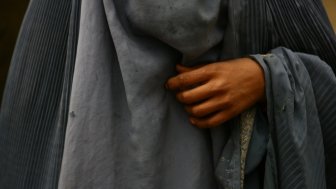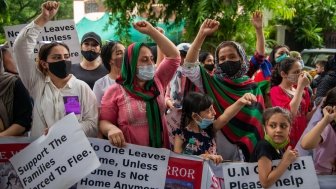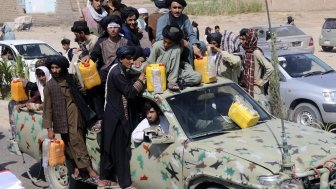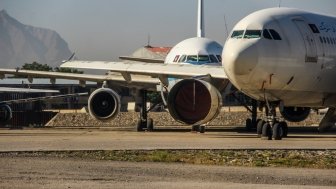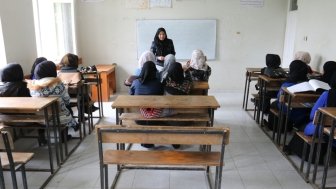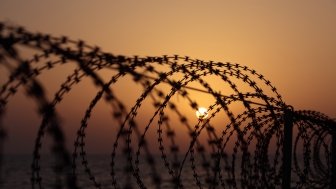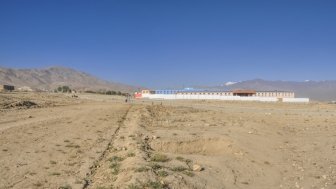Girls and Women in Afghanistan
In its fourth year under Taliban rule, Afghanistan is facing multiple crises: political, humanitarian, and environmental. The impact of which is disproportionately felt by the country’s women and girls. Moreover, the Taliban continues to extend its severe restrictions on women’s rights, including in education and the workforce, and is escalating its crackdown on women defying hijab and mahram laws, among others. As the crisis extends, the Middle East Program and the Indo-Pacific Program are committed to providing expert, up-to-date analysis that spotlights the voices of women in Afghanistan and their policy priorities.

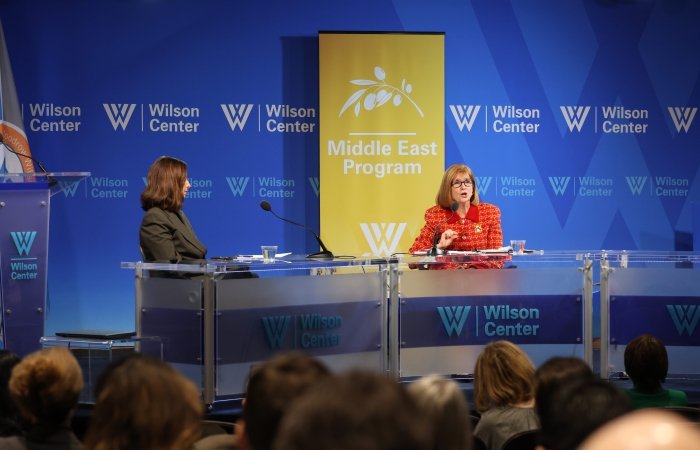
Video
The Haleh Esfandiari Forum 2024: Advocating for Afghan Women’s Rights on the Global Stage
The Wilson Center’s Middle East Program (MEP) hosted Ambassador Paula J. Dobriansky, Ph.D. Amb. Dobriansky spoke with MEP Director Merissa Khurma about the dire state of women’s rights in Afghanistan, the role of the United States, other states in the region, and the international community in upholding a rights-based order, and the powerful role of women’s leadership in peace, stability, and prosperity.
Explore more related to this collection

Middle East Women's Initiative
The Middle East Women's Initiative (MEWI) promotes the empowerment of women in the region through an open and inclusive dialogue with women leaders from the Middle East and continuous research. Read more


Indo-Pacific Program
The Indo-Pacific Program promotes policy debate and intellectual discussions on US interests in the Asia-Pacific as well as political, economic, security, and social issues relating to the world’s most populous and economically dynamic region. Read more


Middle East Program
The Wilson Center’s Middle East Program serves as a crucial resource for the policymaking community and beyond, providing analyses and research that helps inform US foreign policymaking, stimulates public debate, and expands knowledge about issues in the wider Middle East and North Africa (MENA) region. Read more

